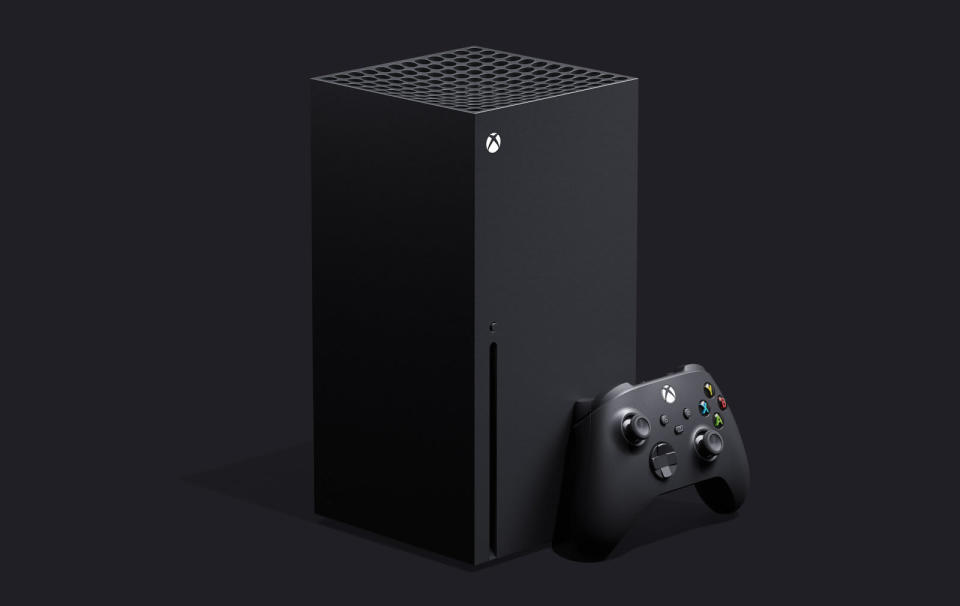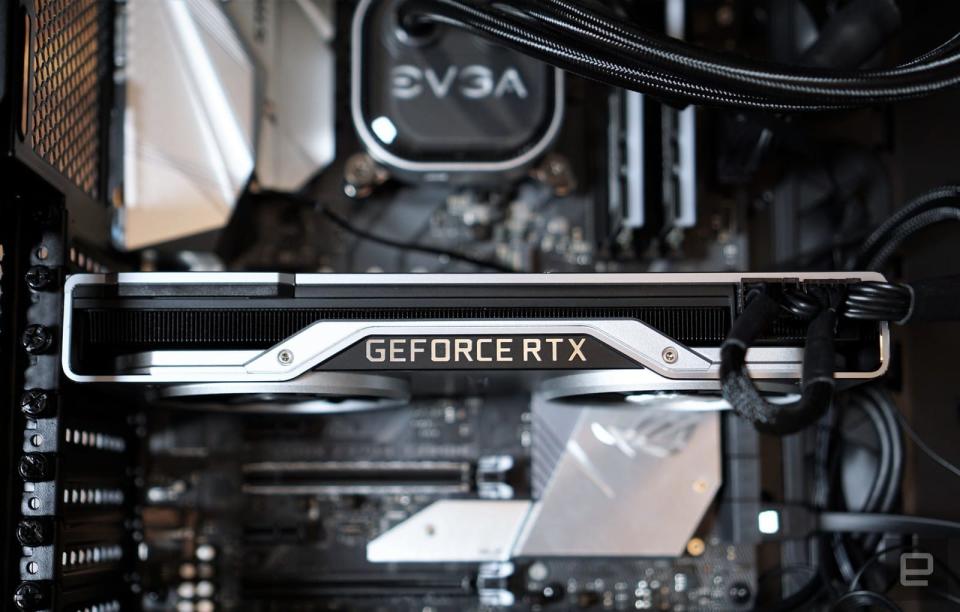Does the Xbox Series X make gaming PCs obsolete?
It's likely faster than your gaming rig -- but don't give up on that desktop yet.

The Xbox Series X is going to be a beast. On paper, its sheer power blows away most gaming rigs today -- but what does that mean for PC enthusiasts? To be honest, there's still plenty we don't know about the Series X or what the state of PC hardware will be later this year. But based on Microsoft's spec dump last week, we can start making some educated guesses.

The Series X will feature an AMD Zen 2 CPU and an NVME SSD, giving it modern processing capabilities and fast storage to reduce load times. But really, its AMD RDNA2 graphics card is the true star of the show -- and notably, it's something PC gamers can't even buy yet. It's capable of 12 teraflops of computing power, meaning it can crunch through 12 trillion floating point operations a second. That's about twice as fast as the Xbox One X, the fastest console currently on the market, and around three times speedier than the PlayStation 4 Pro.
That's a performance leap we'd expect in next-generation hardware -- what's even more remarkable is that the Series X's GPU is also significantly faster than the vast majority of PC video cards today. It's only bested by NVIDIA's 14.2 teraflop RTX 2080 Ti, a card that's beyond most gamers' budgets at around $1,200. PC players typically aim for more affordable GPUs, like AMD's Radeon RX 5700 and NVIDIA's RTX 2060 Super, which go for around $300 and $400, respectively. And while those cards are pretty capable on 1080p and 1,440p monitors, they can't reliably hit the 4K/60FPS benchmark Microsoft is aiming for with the Series X.

So should you just throw away your gaming rig and replace it with a Series X? Probably not. But Microsoft's new console does signal a shift in the modern gaming world, one where PC players don't always have the hardware advantage. It's a bit of a throwback to the mid-90s, when the PlayStation was delivering 3D graphics before most PCs could handle it.
So I'm sure you're wondering, how will the PlayStation 5 compare? At this point, we only have broad sketches from Sony: it says the system will also have an AMD Ryzen CPU and RDNA GPU, but we don't know how similar they'll be to the Series X's hardware. We also know it'll feature faster load times than the PS4, thanks to SSD storage.
Notably, both next-gen consoles will support hardware accelerated ray tracing, giving you more realistic lighting and reflections. On PCs, only NVIDIA's RTX lineup supports that today. And turning on ray tracing can lead to a significant performance hit on games that really lean on it, like Control. It'll be interesting to see if AMD's revised RDNA architecture handles ray tracing more efficiently than NVIDIA's hardware.
The real question with the Xbox Series X: How much will all of that power cost you? We can only guess at the moment. The original Xbox One launched at $499 with the ill-fated Kinect accessory, while the PlayStation 4 was $100 less. That price difference, and a better library of exclusives, was enough to give Sony an early lead this generation.
The Xbox One X was also $100 more expensive than the PlayStation 4 Pro when it launched, though that difference was a bit more excusable since Microsoft was aiming at enthusiasts. I wouldn't be surprised to see Microsoft stick with the $499 price, but given the rising costs of computing hardware in general, plus the positioning of the Series X towards enthusiasts, it could conceivably reach up to $550 or even $600.
Sony, meanwhile, has been cagey about saying anything about the PlayStation 5's costs. That console is rumored to have a slightly slower GPU than the Series X, so it could conceivably come in a bit cheaper. But again, we really don't know. Microsoft is also reportedly planning a more affordable and less capable next-gen console, code-named Lockhart, that could be an easier entry point for people who don't care about native 4K gaming.
One thing that PCs gaming will always have a significant advantage over consoles though, is: flexibility. You can always slap a new video card, RAM and storage into a gaming rig when it gets a little long in the tooth. But, consoles are frozen with the hardware they ship with. That's what pushed Microsoft and Sony to release the One X and PS4 Pro in the middle of this console generation -- those original consoles simply couldn't keep up with the fancy new 4K TVs consumers were buying. As powerful as the Series X will be, it'll never be something you can open up and tinker with. So rest easy PC gamers, your rig still serves a purpose.
